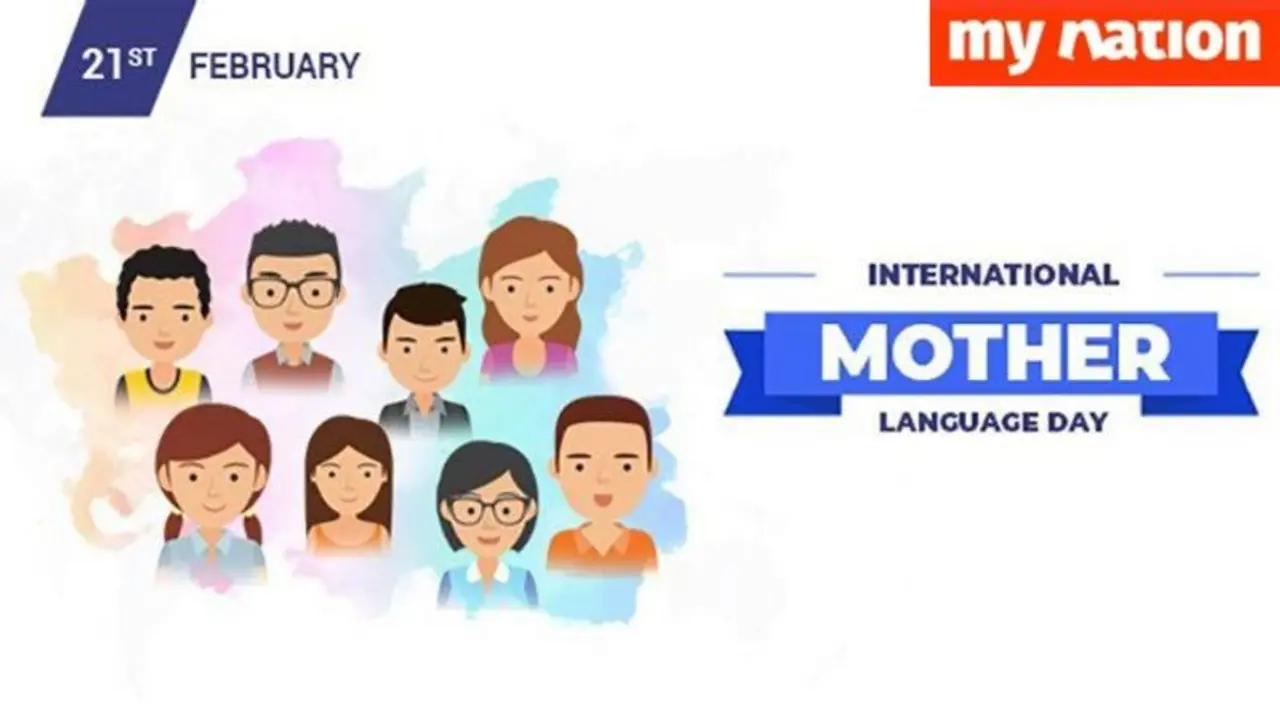International Mother Language Day is observed on 21st February every year. This day highlights the significance of linguistic and cultural diversity and encourages us to embrace it.
Languages play a significant role in our society as they unite people together. Our mother tongue encourages us to learn about the importance of respecting our culture. International Mother Language Day is observed on 21st February every year. This day highlights the significance of linguistic and cultural diversity and encourages us to embrace it. India, a culturally and linguistically rich country, fosters an environment where multiple languages are respected and celebrated.
The history of the day
The history of International Mother Language Day goes back to 1952 when four students in Bangladesh lost their lives while advocating for Bengali language to be recognized as their official language. This event sparked a movement for linguistic rights to embrace one’s culture. In the year 1999, UNESCO officially recognized 21 February as International Mother Language Day. The initiative received immense support from the United Nations General Assembly, emphasizing the importance of preserving mother languages.
The theme this year
The theme for this year’s International Mother Language Day is ‘Multilingual education- a pillar of learning and intergenerational learning.’ The aim is to highlight the importance of preserving the rich cultural heritage and traditional knowledge associated with the use of mother tongue. Multilingualism promotes a peaceful coexistence among diverse communities and sustainable development through education.
Cultural preservation
One of the many objectives of International Mother Language Day includes promoting intergenerational education and cultural preservation. On this day, people often come together to celebrate it with much enthusiasm, highlighting the importance of multilingualism. The day reaffirms the value of linguistic diversity and cultural richness it embodies.
